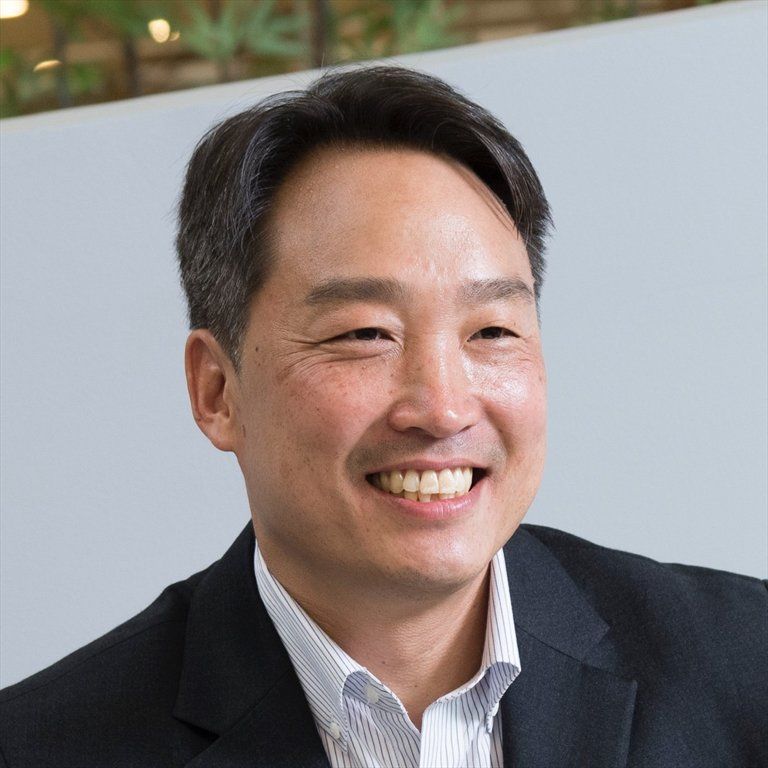What is the scientific basis of recent advances in Artificial Intelligence (AI)? How can we build robotic systems that can intelligently perceive the surrounding world and take appropriate actions? Fundamental advances in AI and machine learning require mathematical and statistical understanding of large data sets in order to properly model variability in real world environments. Cornell Tech Professor Daniel Lee will describe some basic computational and machine learning methods and their application to build robotic systems that can perform a variety of tasks including autonomous driving, legged locomotion, and playing team sports.
Date: Sunday, October 20, 2019
Time: 5:00 p.m. – 7:30 p.m.
Location: Salt Creek Grille, 4 Bingham Avenue, Rumson, NJ 07760
Cost: $40 per person by 10/06/2019. $45 after 10/06/2019. Tickets include food and beverage.
About Dan Lee
Dr. Daniel D. Lee is currently the Tisch University Professor in Electrical and Computer Engineering at Cornell Tech and Executive Vice President for Samsung Research. He received his B.A. summa cum laude in Physics from Harvard University and his Ph.D. in Condensed Matter Physics from the Massachusetts Institute of Technology. After completing his studies, he was a researcher at AT&T and Lucent Bell Laboratories in the Theoretical Physics and Biological Computation departments. He is a Fellow of the IEEE and AAAI and has received the National Science Foundation CAREER award and the Lindback award for distinguished teaching. He was also a fellow of the Hebrew University Institute of Advanced Studies in Jerusalem, an affiliate of the Korea Advanced Institute of Science and Technology, organized the US-Japan National Academy of Engineering Frontiers of Engineering symposium, and serves on the boards of the Neural Information Processing Systems (NeurIPS) and RoboCup Foundations. His research focuses on understanding general computational principles in biological systems, and on applying that knowledge to build intelligent robotic systems that can learn from experience.
